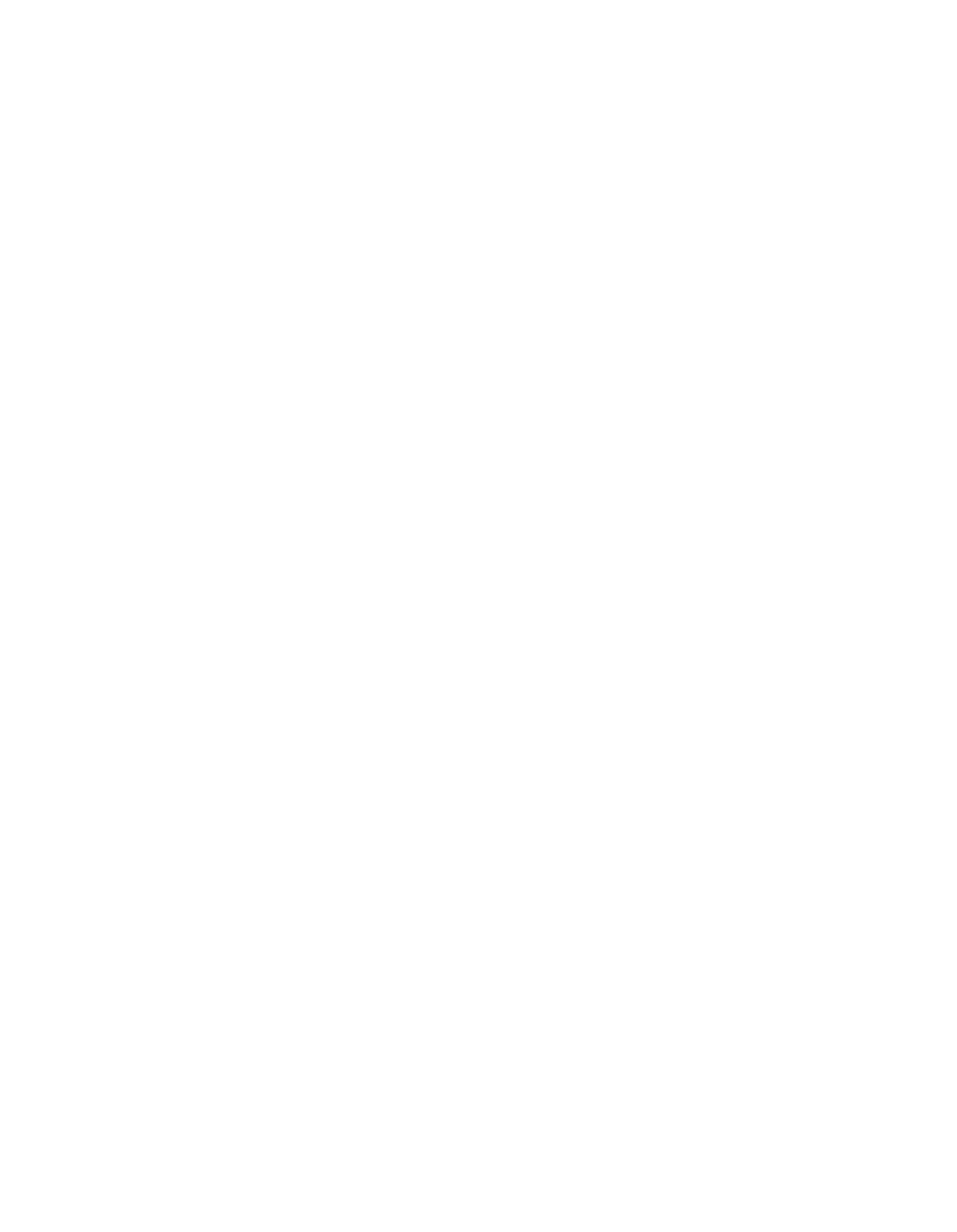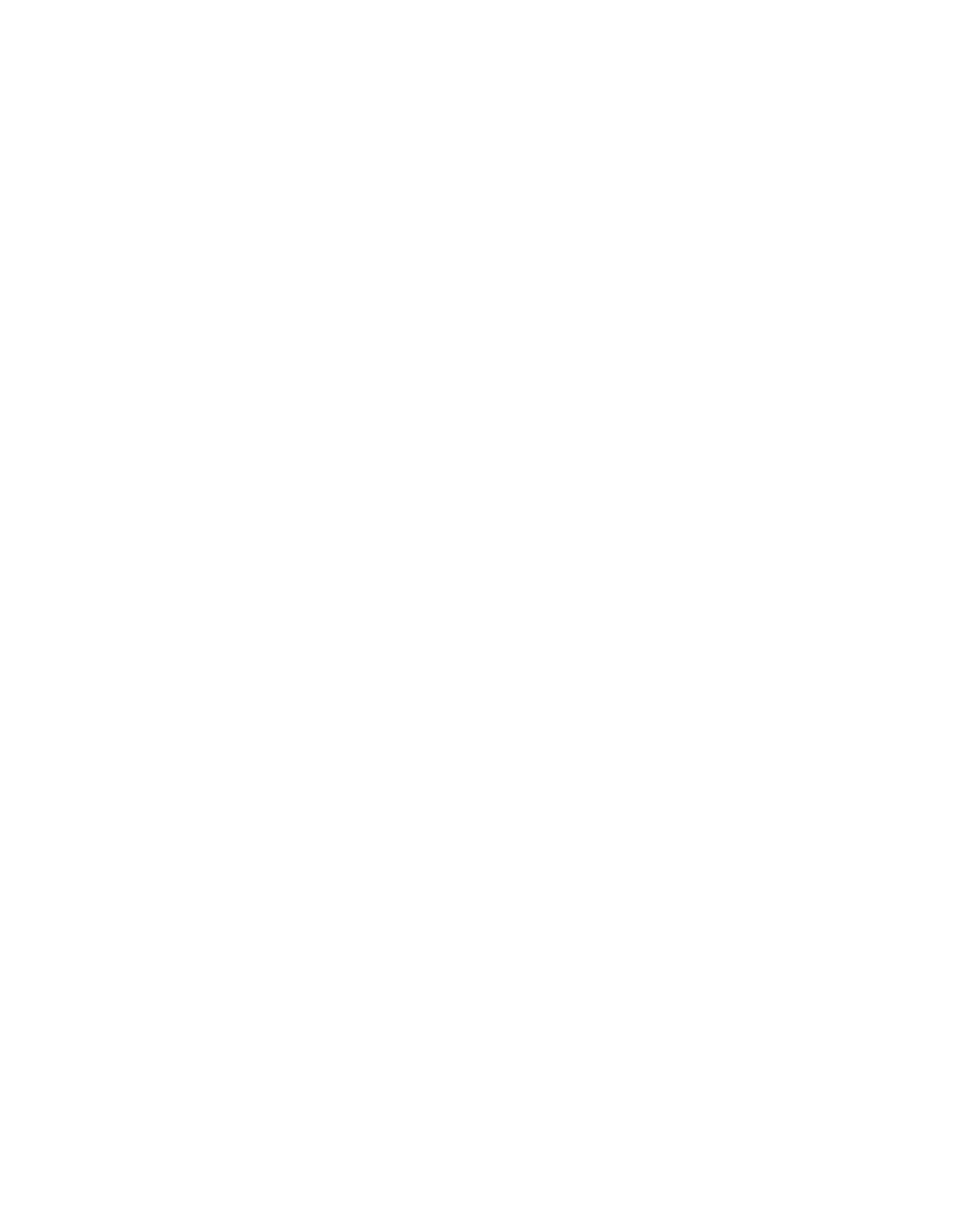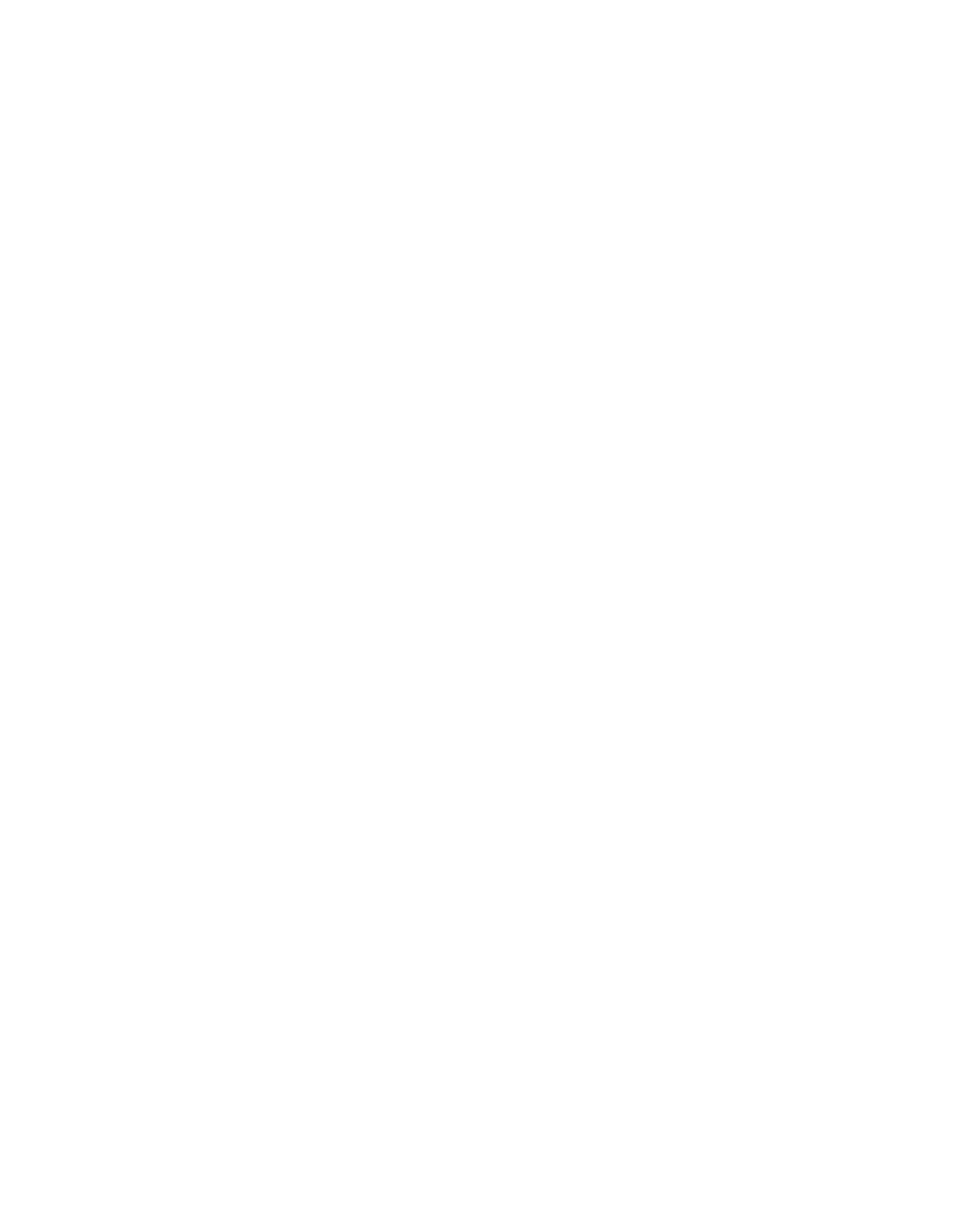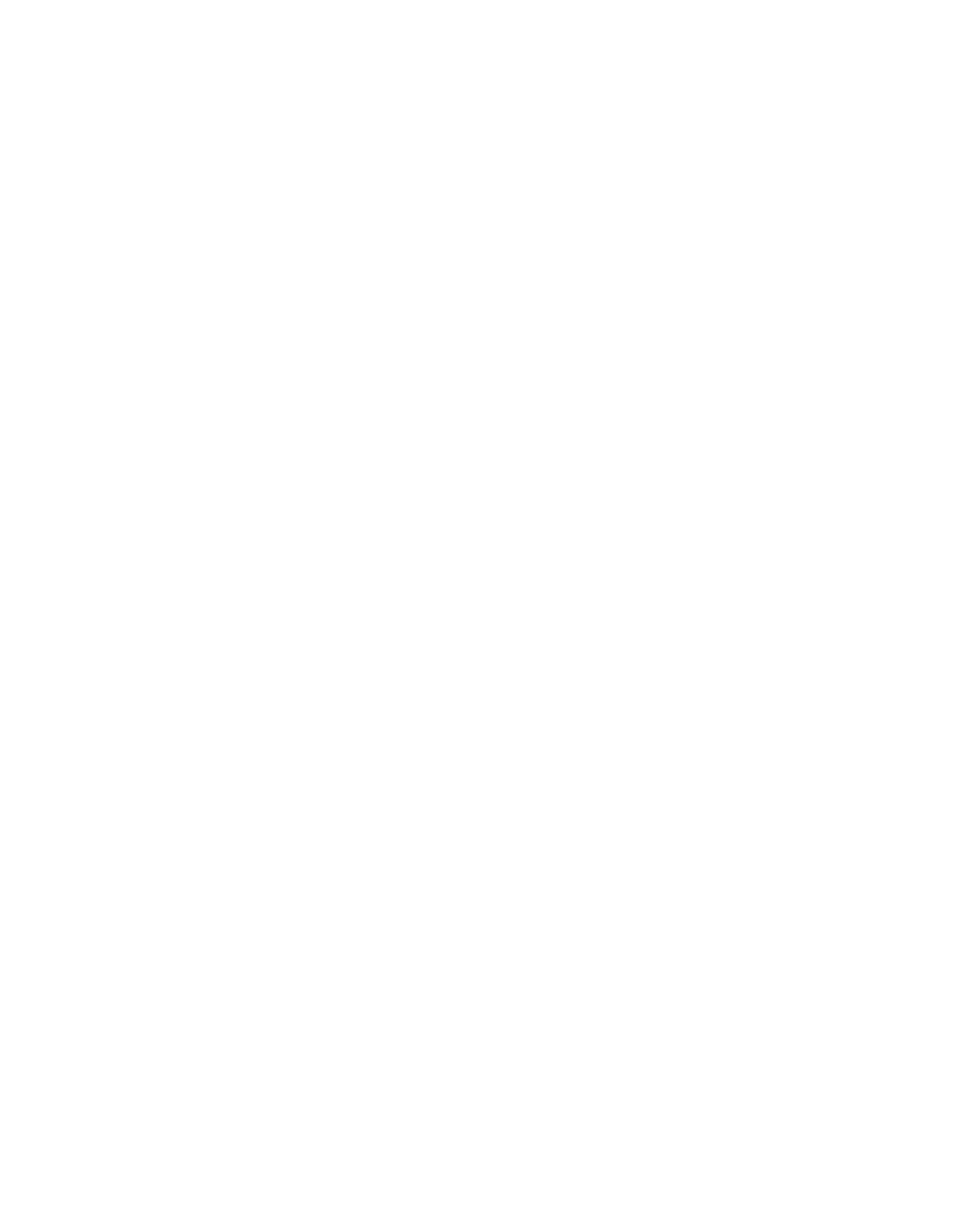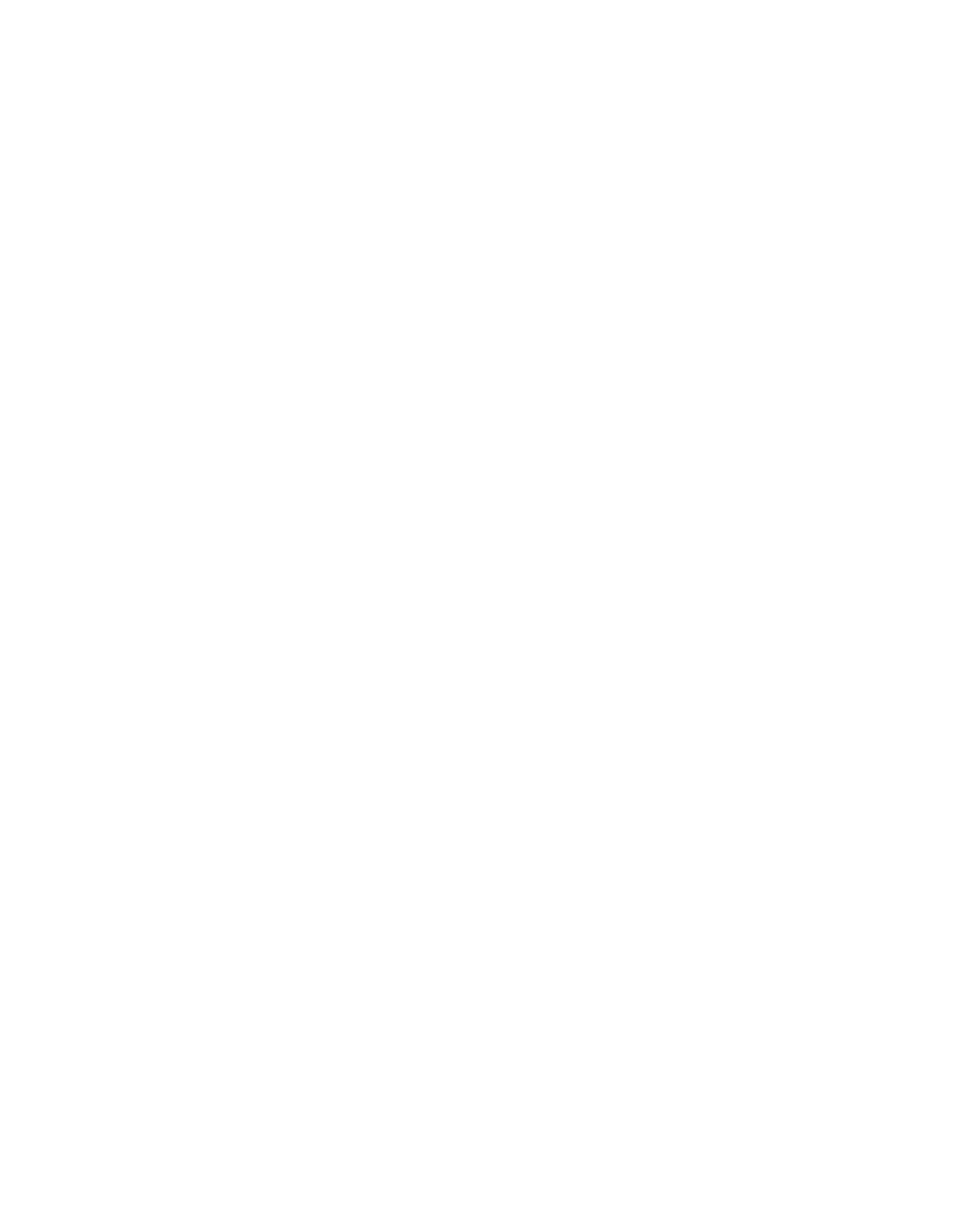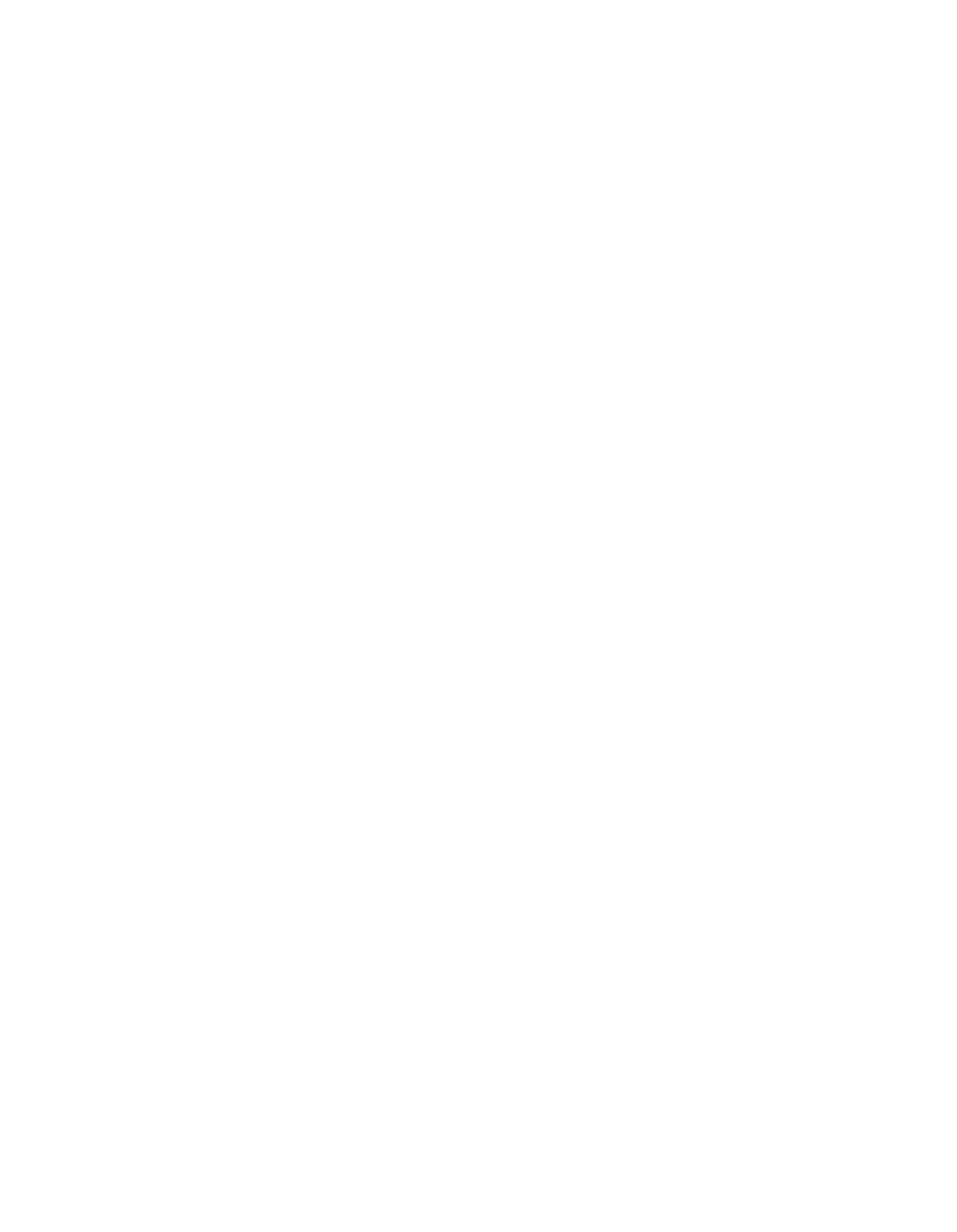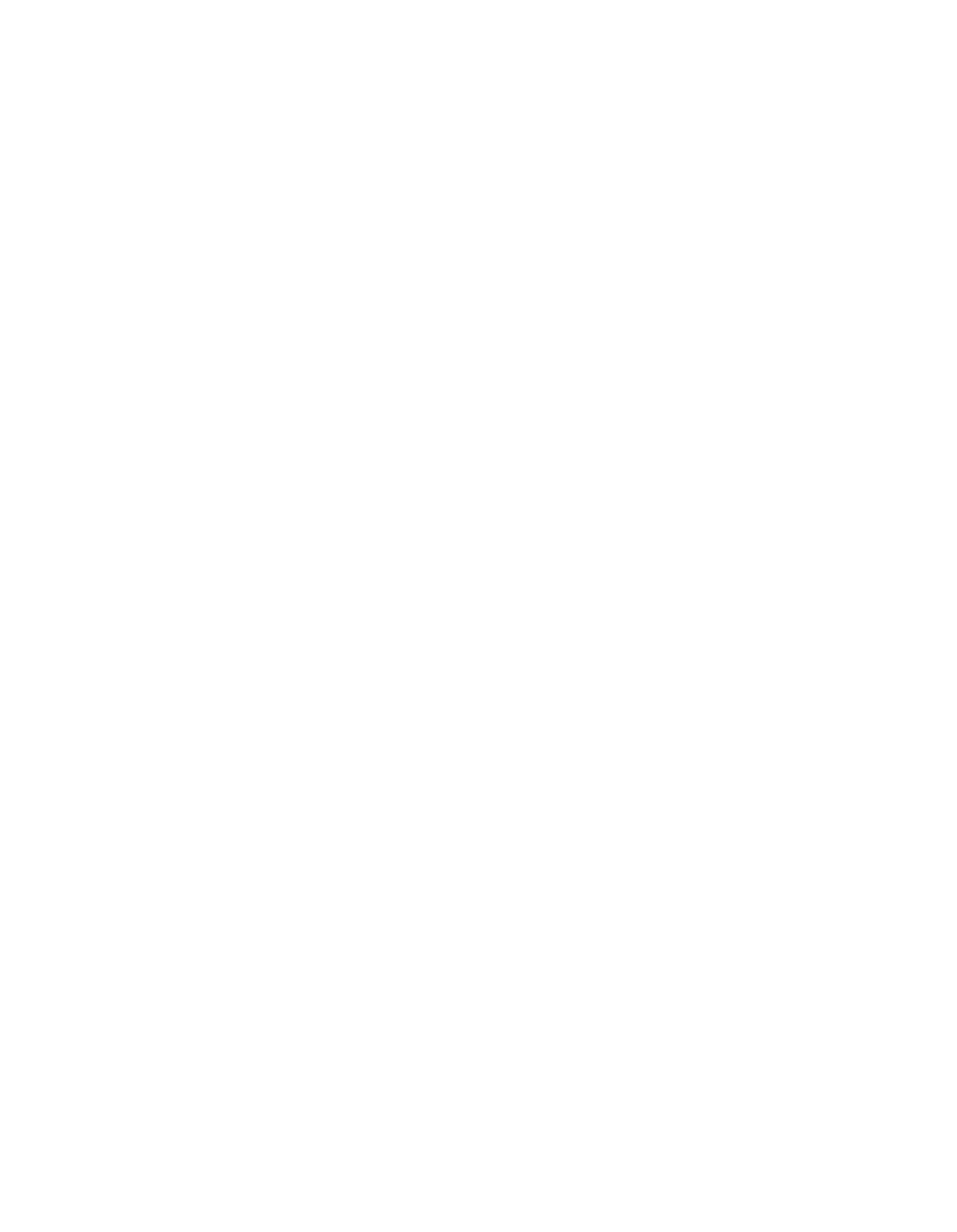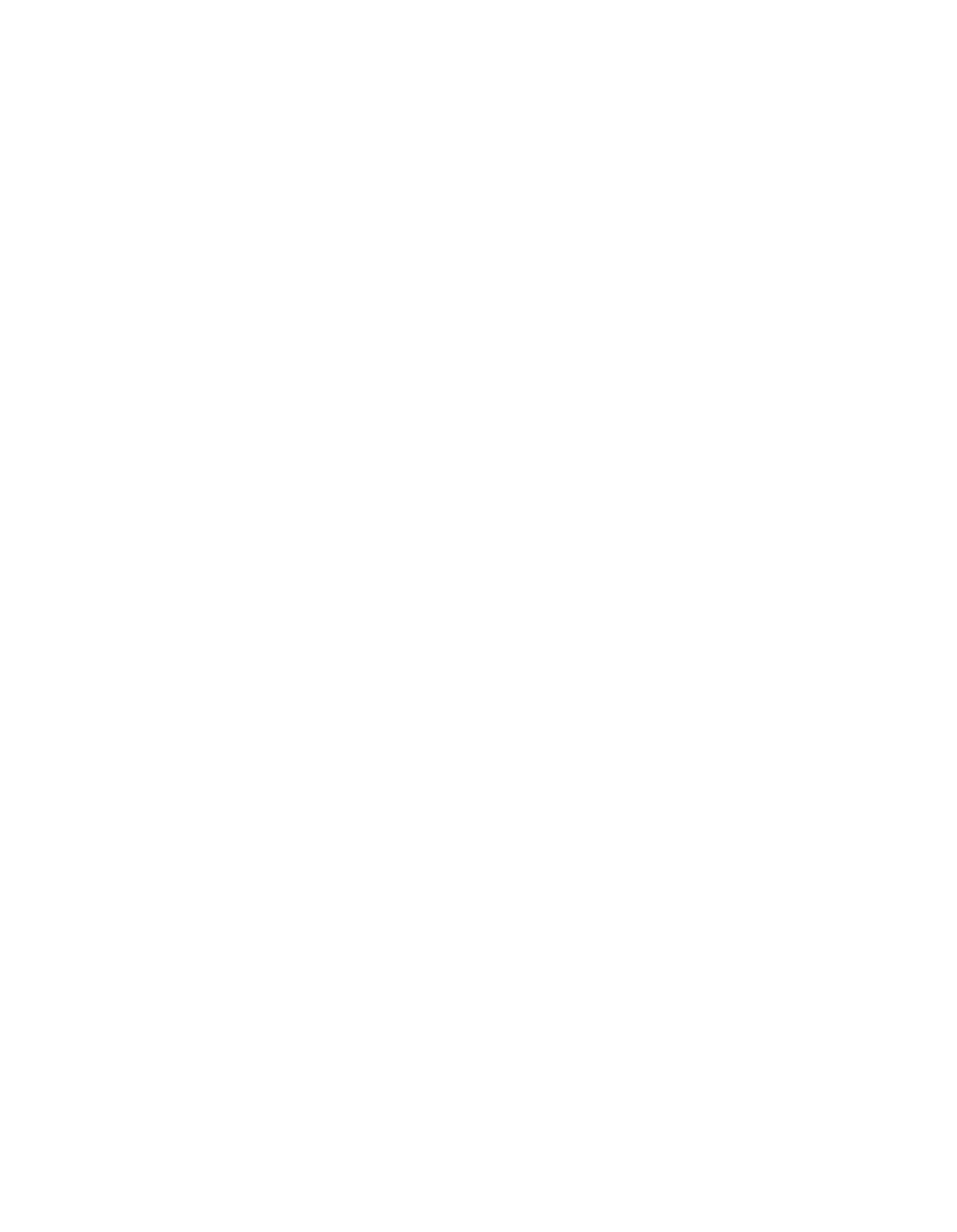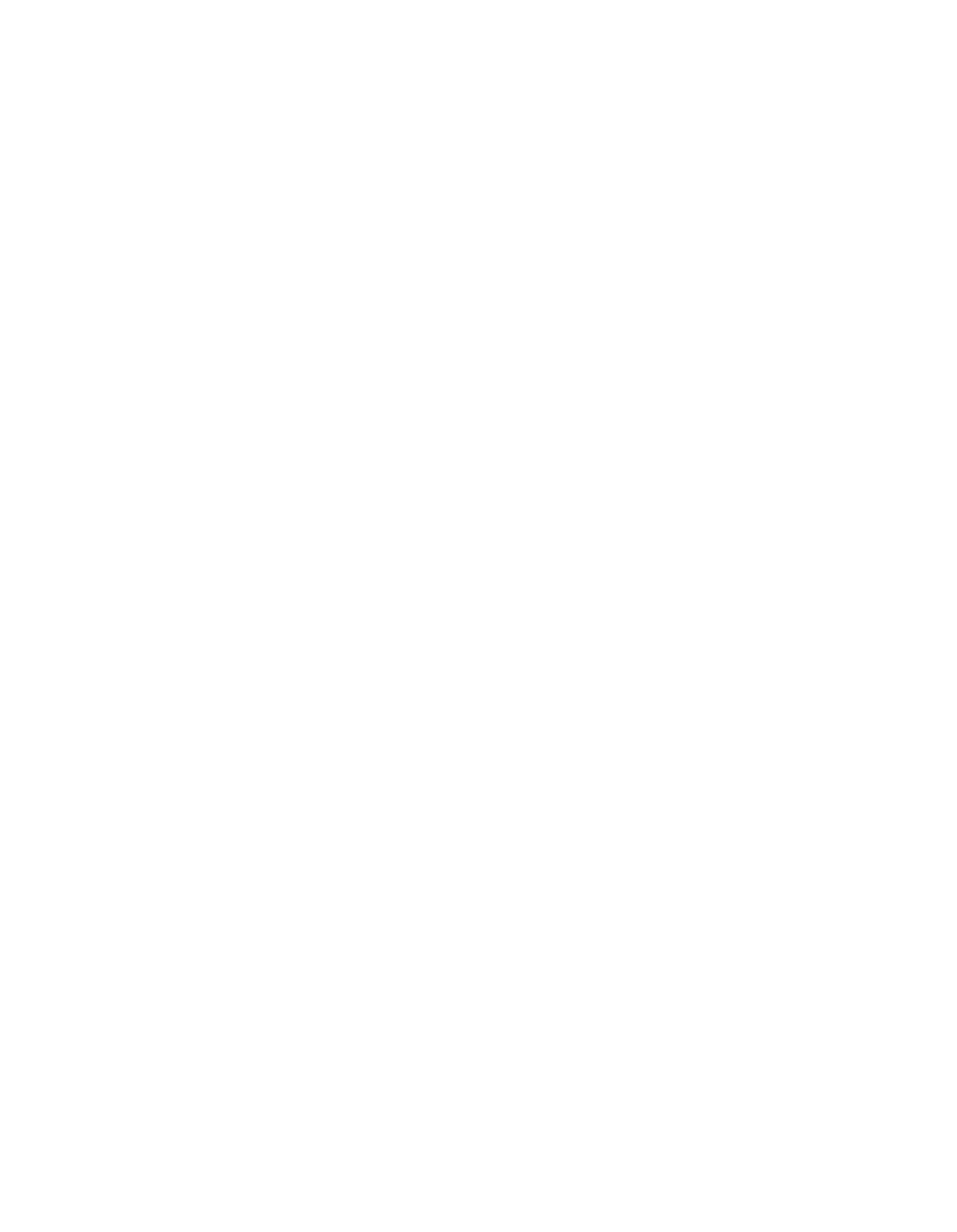ILLINOIS POLLUTION CONTROL BOARD
July 11, 1991
PEOPLE OF THE STATE
)
OF ILLINOIS,
)
Complainant,
PCB 89—157(A
&
B)
v.
)
(Enforcement)
CLYBOURN METAL FINISHING
)
COMPANY,
)
)
Respondent.
JOSEPH WILLIMS, JOSEPH ANNUNZIO, MICHELLE
JORDAN,
AND JACK BAILEY,
ASSISTANT ATTORNEYS GENERAL, APPEARED ON BEHALF OF COMPLAINANT.
BETRAM
A.
STONE,
STONE,
POGRUND,
ROREY
AND
SPAGAT, APPEARED ON
BEHALF OF RESPONDENT.
OPINION
AND
ORDER OF THE BOARD
(by J.D. Dumelle):
This matter comes before the Board by the Attorney General’s
complaint against Clybourn Metal
Finishing Company
(“Clybourn”)
filed
on October
6,
1989.
The Attorney General
alleges that
Clybourn violated Ill. Rev.
Stat.
1989,
ch.
111—1/2, par.
1009(b)
and
35
Ill.
Adni.
Code 201.143
in that the company operated and
released emissions into the air without a permit between May
17,
1987 and August
25,
1989.
Hearing was held on August
23,
1990.
At that time, the Attorney General amended the complaint,
without
objection, to change the appropriate section of the Code to 201.144
(existing
sources)
from
201.143
(new
sources).
Although
the
hearing officer set up a briefing schedule at the close of hearing,
neither party submitted post-hearing memoranda.
FACTS
Clybourn
is
located
at
2240
North
Clybourn
in
Chicago,
Illinois.
As part of its operation, the company engages in buffing
and polishing of metal objects.
In the course of its business,
Clybourn uses equipment which must be permitted pursuant to state
regulations
because
it
emits
particulates
as
well
as
organic
matter.
(Tr.
at
28).
The
company did possess the
necessary
permits from May of 1982 until May of 1987.
Moreover, according
to
counsel’s
representation
Clybourn
possessed
the
requisite
permits dating back until 1972.
(Tr. at 15; See also, Exhibit
Q).
From May of 1987 until August of 1989, however, the company did not.
have
the
permits
mandated
under
the
Illinois
Environmental
Protection Act (“Act”) or the regulations pursuant thereto.
DISCUSSION
Clybourn does not dispute the fact that it was without the
124—09
required permits
for the
timeframe
in
question.
Rather,
the
company maintains that it did not receive a renewal notice as per
Agency
custom.
Clybourn
argues
that
its
failure
to
receive
notification of permit renewal
is
a defense to operating without
a
permit.
Based
on the testimony at hearing,
it
is
virtually
impossible
for this Board
to ascertain whether
or not Clybourn
received such a notice.
Harish Desai, a unit manager in the Permit
Section of the Air Division, testified that renewal notices were
sent out routinely via computer as a matter of courtesy.
(Tr.
at
29—31).
Clybourn’s counsel, however,
stated in opening argument
that “...the State of Illinois failed to send them Clybourn
the
proper notification for an automatic renewal,
admittedly because
the computer did not have their name properly.”
(Tr. at 15).
Because no briefs were filed by the parties and Clybourn’s
only offer of proof at hearing consisted of the costs of obtaining
a
permit
in
1989,
we
conclude Clybourn’s
only defense
is
that
espoused in opening argument
(i.e., that the Agency had a duty to
notify the company and its omission to do so relieved Clybourn of
its permitting requirements).
At hearing, neither Clybourn nor any
representative of the company testified that it did not receive a
renewal notice.
Hence, the record does not support Clybourn’s bare
assertion put forth in opening argument.
During his deposition,
however, Mr. Romaniuk, Secretary—Treasurer of Clybourn, testified
that to his knowledge, the company did not receive a renewal notice
from the Agency in 1987.
(Ex.
Q
at 17).
Assuming, arguendo, that
the
company
did
not
receive
notice
of
renewal,
we
remain
unpersuaded that this constitutes a defense to operating without
a permit.
We therefore find Clybourn in violation.
Although
we
recognize
that
caselaw
exists
which
binds
administrative bodies to prior
custom and practice,
~g,
Alton
Packaging v. Pollution Control Board,
100 Ill.
Dec.
689
(1986),
courts have only applied this rule when the custom or practice is
related to the interpretation of an administrative rule.
We do not
find today’s case to rise to this level.
In those cases where
a
consistent practice of an administrative agency has been such that
a person could conceivably rely on it,
and that practice evolved
as
a result of
a rule
or regulation,
only then have the courts
bound the agency in question to that practice.
Hetzer
v.
State
Police Merit Board,
49 Ill.App.3d
1045
(3d.
Dist
1977).
In the
instant case, the renewal notice issued by the Agency is a courtesy
which is gratuitous in nature as opposed to a policy determination
which has been systematically followed as a result of a rule.
For Clybourn to assert that its failure to receive a renewal
notice absolves the company of responsibility to renew its permit
is,
at
best,
tenuous.
Taking
this proposition
to
its
logical
conclusion,
all those entities subject to the regulations adopted
to protect our environment would be exonerated of liability simply
because the Agency failed to perform a gratuitous task.
Although
the Agency’s renewal notification practice might be labeled as
a
124—10
3
custom,
it
is not one which can be relied upon for establishing
compliance with
the
law.
An
analogy
can
be
made
to
license
stickers required to operate automobiles.
While the Secretary of
State sends out renewal forms, they cannot possibly reach everyone.
Indeed,
in some cases,
renewal forms might not be received by an
individual through the fault of the Secretary of State.
However,
such an occurance in no way relieves a citizen of his burden to
register
his
vehicle
in
accordance
with
the
law.
The
same
principle prevails in the case at bar.
Clybourn was a permitted
company since 1972.
(Tr. at 15).
The expiration date is printed
on the permit itself.
Clybourn has not provided this Board with
any legal authority that the Agency has a duty to remind a business
entity
that
one
of
the
licenses
it
needs
to
operate will
be
expiring shortly.
Just as the automobile owner knows when his fees
are due, so too should the businessman whose operation depends on
proper permitting.
33(c)
FACTORS
Having found
a violation,
we must determine an appropriate
penalty under the 33(c) factors contained within the Act.
Section
33(c)
states:
In making its orders and determinations,
the
Board shall taken
into consideration all the
facts
and
circumstances
bearing
upon
the
reasonableness of the emissions,
discharges,
or
deposits
involved
including,
but
not
limited to:
1.
the character and degree of
injury
to,
or
interference
with
the
protection
of
the
health,
general
welfare and physical property of the
people;
2.
the social and economic value of the
pollution source;
3.
the suitability or unsuitability of
the pollution source to the area in
which it is
located,
including the
question of priority of location in
the area involved;
4.
the
technical
practicability
and
1We use Section 33(c)
rather than Section 42(h)
here because
hearing was held prior to
September 8,
1990, when Section 42(h)
became
law.
See People
v.
Sure Tan,
Inc.,
PCB 90—62
(April
11,
1991).
124—11
4
economic reasonableness of reducing
or
eliminating
the
emissions,
discharges
or
deposits
resulting
from such pollution source; and
5.
any economic benefits accrued by
a
noncomplying
pollution
source
because of
its delay
in compliance
with pollution control requirement;
and
6.
any subsequent compliance.
In relation to the
instant
case,
factors
(3)
and
(4)
are
inapplicable.
Insofar as factors
(2)
and
(5)
are concerned,
the
record is sketchy.
Even so, the Board presumes that a functioning
business entity which employs people and supplies products on the
open market has
a certain degree
of
social and economic value.
Based
on
the
record,
it
is
impossible
to
determine
with
any
certainty the amount of economic benefits accrued by Clybourn as
a result of its noncompliance with the regulations.
At the very
least~ however,
the company
did
save
any applicable permitting
fees.
Further, there can be no doubt that Clybourn eventually came
into compliance.
As
of August
25,
1989,
the company has been
operating with the necessary permit.
However,
Section 33(a)
of
the Act states:
.It
shall not
be
a defense to findin~sof
violations
of
the provisions
of the Act
or
Board regulations or a bar to the assessment
of
civil penalties that the person has come
into compliance
subsequent to the violation,
except
where
such
action
is
barred
by
any
applicable
State
or
federal
statute
of
limitation.
In
all
such matters
the Board
shall
file
and
publish
a
written
opinion
stating the facts and reasons leading to its
decision.
(Emphasis added).
In the case
at
bar,
no such statute
of
limitation applies
and
Clybourn’s subsequent compliance is no defense to operating without
a permit.
2At
hearing,
Clybourn
submitted
an
offer
of
proof
to the
effect that the company expended $1,100 obtaining a new permit.
These costs,
however, were not substantiated through exhibits or
other evidence
and the Board will therefore not rely upon this
representation as a mitigating factor.
124—12
5
This
leads
us
to
criteria
(1),
“interference
with
the
protection of the health, general welfare and physical property of
the people”.
This is the most significant.factor in relation to
the instant case.
The permitting process
is the nucleus of
the
Agency’s regulatory scheme.
Without the threat of penalties for
non-compliance with the permitting process, companies will seek to
avoid the necessity of obtaining permits.
Without the permitting
process, the air quality in Illinois would be threatened because
the
Agency
would
be
unable
to
assess
all
the
sources
of
air
pollution and act accordingly.
This
is
a crucial point.
The air permit system is designed
to
regulate
all
those
pollution
sources
which
contribute
particulates and other matter into the Illinois airshed.
The only
way such a system can operate effectively
is to be aware
of all
sources and permit accordingly.
Without a comprehensive system,
projections are skewed and air quality determinations as well as
the goals thereof suffer.
This is especially true in the Chicago,
which
is
a non—attainment area under the provisions of the Clean
Air Act.
If the Agency
is unable to ascertain the location and
output of pollution sources,
it would be impossible to regulate
those sources towards the goals mandated under the Clean Air Act.
The ultimate effect is detrimental to the “health, general welfare
and physical property of the people”.
In short, we find that Clybourn has violated section 9(b)
of
the Act
as well
as section 201.144
of the Board’s
regulations.
The
record
amply
demonstrates
that
Clybourn
did
“install,
or
operate
any
equipment,
facility...capable
of
causing
or
contributing to air pollution,
of any type designated by
Board
regulations, without a permit granted by the Agency.
..“
Ill. Rev.
Stat.
1989,
ch. 111—1/2, par. 1009(b).
Indeed, both at hearing and
within its
answer, the company has admitted operating without
a
permit and has opted to allege
an affirmative defense, which we
have today rejected.
In that regard, the Board notes that Clybourn
is potentially subject to a fine of $10,000 for this violation of
the Act in addition to a $1,000 penalty for each day the violation
continued.
Thus
the
potential
penalty
could
conceivably
be
$657,000.
In light of this,
the Board hereby assesses a penalty
of $12,000, payable to the Environmental Trust Fund.
SECTION 42(f)
APPLICABILITY
Finally, the complaint filed by the Attorney General asserts
that
the
violation
in
this
case
has
been willful,
knowing
or
repeated.
(Comp. at 3).
We agree.
We find today that Clybourn’s
failure to renew its permit was certainly “knowing”.
At hearing,
the
parties
submitted
Joint
exhibit
Q.
This
exhibit
was
a
deposition of William Romaniuk, the Secretary-Treasurer of Clybourn
Metal Finishing Company.
Testimony at this deposition revealed
that Mr.
Romaniuk knew the specifics of the permitting process.
To wit:
124—13
6
Joseph Williams, Assistant Attorney General
Q.
Okay.
To the best of your knowledge, has Clybourn ever
applied
for
a
permit
for
its
buffing
and
polishing
operations under
the name
of Clybourn Metal Finishing
Company?
Mr. Romaniuk:
A.
When
I
came to Clybourn we had
a permit,
so
I assume
that, you know,
a permit was applied for at that time.
Q.
Okay.
Do you know what year that it was applied for once
you came to the company?
A.
I don’t know what year it was actually applied for.
I
know my records indicate that
—-
go back far enough to
1972, in which the permit was renewed; so it was sometime
before
1972.
Q.
Okay.
Now when you came to the company you said that
Clybourn was operating under a permit.
Do you know what
the effective date and the expiration date was of that
permit for the buffing and polishing operations?
A.
When I came to the company
——
well,
I guess it’s renewed
every five years.
So it was one from 72
——
77,
‘77 to
‘82,
‘82 to
‘87.
Q.
Okay.
On May 17, 1982 the Agency sent Clybourn a renewal
application that stated that if the buffing and polishing
process had not been changed in any way,
that to sign
below and its permit would be renewed until 5-17-87.
Is
that true to the best of your knowledge?
A.
From ‘82 to ‘87?
Q.
Right.
A.
Yes.
Q.
Is not it a fact that the next time Clybourn submitted
a document, called a renewal application, it was February
22,
1989?
A.
That’s correct.
Q.
The February ‘89 application was subsequently denied, is
that not true?
A.
Correct.
124—14
7
Q.
Clybourn, however,
did not shut down but continued its
regular course of business from May 17th of
‘87 to the
present date,
is that not true?
A.
Correct.
Q.
Is
not
it
a
fact
that
on
August
25,
1989
Clybourn
received
a
permit
for
its
buffing
and
polishing
operations that
stated
and
expiration
date
of
1994;
sometime in 1994?
A.
I believe so, yes.
Q.
Is not it a fact that before August the 25th,
1989 the
only document that Clybourn had
in its possession the
stated operating permit,
had an expiration date of
5—
17—87?
A.
To my knowledge,
I believe that’s true.
(Exhibit
Q, pgs.
9-li.).
This testimony reveals that a corporate officer of Clybourn
had knowledge of the permitting process and it pertained to the
company.
This exhibit
further
reveals that
Clybourn has been
permitted since 1972.
From that time until 1987, it adhered to the
regulations as they pertained to air permits.
The duration of the
permit
is
on
the document
itself.
At
the
very
least, ‘this
testimony
substantiates
the
fact
that
Clybourn
knew
it
was
operating without a permit from February of 1989 until August of
1989.
Moreover, there exists a very strong indication, that based
on its permitting history, Clybourn was familiar with the process
and knew it was operating outside the scope of the Act from May of
1987 until February of 1989.
Accordingly, we find that the company
possessed actual knowledge of its duty and therefore “knew” of its
violation under the legal standard.
The Board notes that there exists precedent for the action we
take in today’s case.
Although the “knowing” standard has never
been litigated as
it relates to section 42(f)
of the Act,
courts
have addressed this issue generally.
In Kampen v. Department of
Transportation, 103 Ill. Dec. 884 (2nd Dist. 1986), the court held
that imposing a civil penalty on anyone who “knowingly commits an
act” in violation of the Act, required only that an individual act
knowingly and not that he appreciate the illegality of the conduct.
Citing United States v. International Minerals and Chemical Corp.,
402 U.S. 558 (1971), the court decreed that ignorance is no excuse
for failure to comply with the law; further, the court held that
when an individual partipates in an endeavor which
is regulated,
there exists
a presumption that the individual
is
aware
of the
applicable regulations.
124—15
8
These decisions
are analougous to the
issue in the instant
case.
In Kam~enas well as International Minerals, the respective
courts were willing to presume knowledge by the mere existence of
regulatory standards.
In the case at bar, no such presumption is
necessary.
Mr. Romuniak’s testimony explicitly demonstrates that
he was aware of the regulations, that he knew permits were renewed
at five year intervals and that he realized Clybourn was operating
without the required permit from 1987 until 1989.
As such, we have
no doubt that Clybourn’s intentional inaction rose to the “knowing”
standard as articulated within Section 42(f).
A finding that Clybourn’s violation is knowing is significant
in that it allows the Board to direct the Respondent to pay costs
as well as reasonable attorney’s fees into the Hazardous Waste Fund
pursuant to Section 42(f)
of the Act.
This section states:
The State’s Attorney of
the county
in which
the
violation
occurred,
or
the
Attorney
General, shall bring such actions in the name
of
the
people
of
the
State
of
Illinois.
Without limiting any other authority which may
exist for the awarding of attorney’s fees and
costs,
the
Board
or
a
court
of
competent
jurisdiction may award
costs
and reasonable
attorney’s
fees,
including
the
reasonable
costs of expert witnesses and consultants,
to
the State’s Attorney or the Attorney General
in
a
case where
he has prevailed against
a
person who has committed a wilful, knowing or
repeated violation of the Act.
Any funds collected under this subsection
(f)
in which the Attorney General has prevailed
shall be deposited in the Hazardous Waste Fund
created
in
Section
22.2
of
this
Act.
Any
funds collected under this subsection
(f)
in
which
a State’s Attorney has prevailed shall
be retained by the county
in which he serves.
Based on this provision, the Board will split this case into
two
subdockets.
Today’s
Opinion
and
Order
will
constitute
subdocket
(A) and subdocket
(B) will be created so as to allow the’
Attorney General to file an affidavit of costs and attorney’s fees.
The Attorney General is directed to file this affidavit within 30
days of this Order.
This Opinion constitutes the Board’s
findings
of
facts and
conclusions of law.
ORDER,
1.
The Respondent, Clybourn Metal Finishers,
Inc., has violated
124—
16
9
Section 9(b)
of the Illinois Environmental Protection Act and 35
Ill. Adm. Code 201.144.
2.
Within 30 days of the date of this Order the Respondent shall,
by certified check or money order payable to the State of Illinois,
designated
to the
Environmental Protection
Trust
Fund,
pay
the
penalty of $12,000 which is to be sent by First Class Mail to:
Illinois Environmental Protection Agency
Fiscal Services Division
2200 Churchill Road
P.O. Box 19276
Springfield,
Illinois
62794—9276
Clybourn
Metal
Finishers,
Inc.
shall
also
place
it’s
Federal
Employer Identification Number upon the certified check or money
order.
Any such penalty not paid within
the time prescribed shall
incur interest at the rate set forth in subsection
(a)
of Section
1003 of the Illinois Income Tax Act,
(Ill. Rev.
Stat.
1990 Supp.,
ch. 120, par. 10-1003), as now or hereafter amended, from the date
payment is due until the date payment is received.
Interest shall
not accrue during the pendency of an appeal during which payment
of the penalty has been stayed.
3.
Clybourn Metal Finishers,
Inc. is hereby ordered to cease and
desist from all violations of the Illinois Environmental Protection
Act and from Board regulations.
4.
The Attorney General may file an affidavit of costs within 30
days of this Order.
These costs will be assessed in subdocket (B).
5.
Docket
(A)
in this matter is hereby closed.
Section
41
of
the
Environmental Protection Act,
Ill.
Rev.
Stat.
1989
ch.
111-1/2,
par.
1041,
provides for appeal
of final
Orders of the Board within 35 days.
The Rules of the Supreme Court
of Illinois establish filing requirements.
IT IS SO ORDERED.
J. Anderson dissented.
B.
Forcade,
J. Marlin and J.T. Meyer concurred.
124—17
10
I,
Dorothy M.
Gunn,
clerk of the Illinois Pollution Control
Board, here~,ycertify that the above Opinion and Order was adopted
on the
/i
—
day of
~72-i/)Z.
,
1991 by a vote of ~
~
~
Dorothy M. ~inn, Clerk
Illinois Pollution Control Board
124—18


